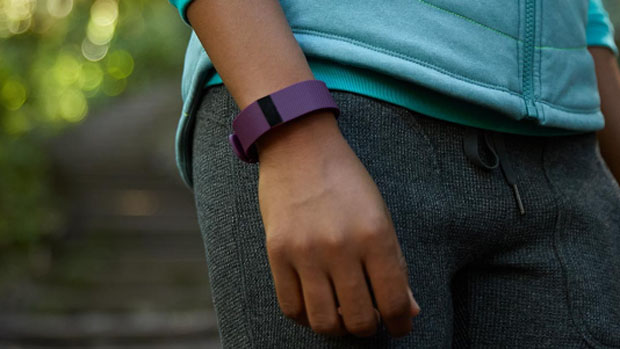Fitbit data helps police in murder investigation
Information taken from Connie Dabate's wearable fitness tracker said to contradict husband's version of events

A free daily email with the biggest news stories of the day – and the best features from TheWeek.com
You are now subscribed
Your newsletter sign-up was successful
A man has been charged with murdering his wife after police used the information on a Fitbit fitness tracker to piece together her final moments, the BBC reports.
Officials in Connecticut say the information from Connie Dabate's wearable contradicts the version of events given by her husband Richard.
Dabate claims his wife was shot dead by a masked intruder at their home in Ellington, Connecticut, in December 2015.
The Week
Escape your echo chamber. Get the facts behind the news, plus analysis from multiple perspectives.

Sign up for The Week's Free Newsletters
From our morning news briefing to a weekly Good News Newsletter, get the best of The Week delivered directly to your inbox.
From our morning news briefing to a weekly Good News Newsletter, get the best of The Week delivered directly to your inbox.
However, says The Guardian, her Fitbit told "a different story".
Using the information collected on how many steps she had taken, police say Connie Dabate had been "moving around for more than an hour after her husband said the murder took place", the newspaper adds.
It also suggests she "had traveled more than 1,200ft after arriving home", although her husband claims "she was killed as she arrived".
Dabate, who the BBC reports was expecting a baby with another woman at the time of his wife's death, has now been charged with her murder, says the Hartford Courant.
A free daily email with the biggest news stories of the day – and the best features from TheWeek.com
Local district attorney Craig Stedman told the Courant the Fitbit was "a great tool for investigators" as it could get information "much faster than some other types of evidence, such as DNA tests".
It's not the first time smart technology has been used by police in their investigations. Amazon recently contested a police warrant to hand over information stored by one its Echo wireless speakers found at a murder scene.
The tech giant said data stored by the speaker could not be narrowed down to a single event and that the warrant could lead to the violation of private data.